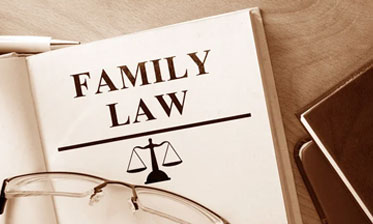Ex Parte Orders
Emergency custody orders are sometimes called ex parte[1] orders because they are often granted after a hearing that does not include both parties. These preliminary ex parte hearings are conducted with only the accusing party present. A temporary emergency custody order may be granted at this time, pending further hearings at which both parties can appear.
If an emergency order is granted, the other party will be served with the order, your complaint, and notification of the full hearing. A hearing will be scheduled, often within ten days, to decide whether the ex parte order should be extended. At the full hearing, a judge can decide to enter a permanent order based on the temporary terms, adjust the terms, or deny a permanent order altogether. Legal terminology can be confusing, so it is important to note that the timeframe for a permanent order is not indefinite; they only last for one year.
Proving a Need for Emergency Custody
You can request emergency custody in North Carolina if your child is in danger, but you must be able to prove this to the judge. State law outlines only a few select circumstances that warrant emergency custody be granted.[2] They are:
- The danger of immediate physical harm to your child
- Substantial risk of sexual abuse
- Possibility of abduction from the state
In most situations, residency in North Carolina must be established. This would involve your child living in the state for their entire lives or six months, whichever is less. However, this requirement can be overlooked if the threat of physical danger is evident.
When you file your complaint, you must also include a sworn statement that details why you believe emergency custody is needed. Since the first hearing occurs without the other person there to defend themselves, you must be prepared to provide clear and convincing evidence of the threat.
Do you have legal standing to request an emergency custody order? If you have questions about filing for emergency custody or need representation for an ex parte or full hearing, contact Ley Law at 252-612-0007.
[1] Cornell Law School. Legal Information Institute. Ex Parte. https://www.law.cornell.edu/wex/ex_parte
[2] N.C.G.S. § 50-13.5. ncleg.gov/EnactedLegislation/Statutes/HTML/BySection/Chapter_50/GS_50-13.5.html

Clark Jones Author
G. Clark Jones, CEO of Ley Law, has built a distinguished career in Criminal Defense and Family Law across Eastern North Carolina, known for his dedication to clients and his commitment to achieving justice. Graduating Magna Cum Laude with a Bachelor of Science in Family Community Services from East Carolina University in December 2016, Clark pursued his Juris Doctor degree at J. Reuben Clark Law School, Brigham Young University, completing it in December 2019.





